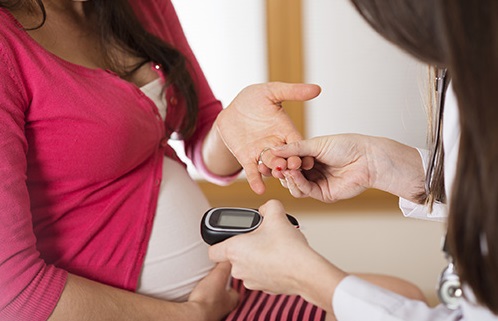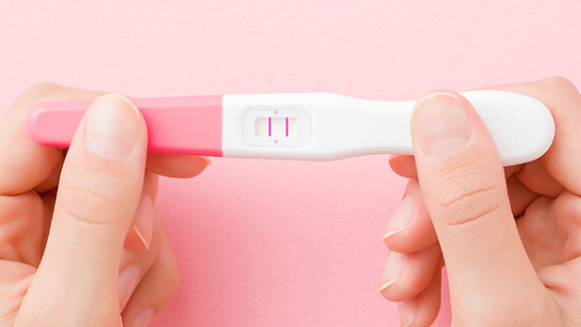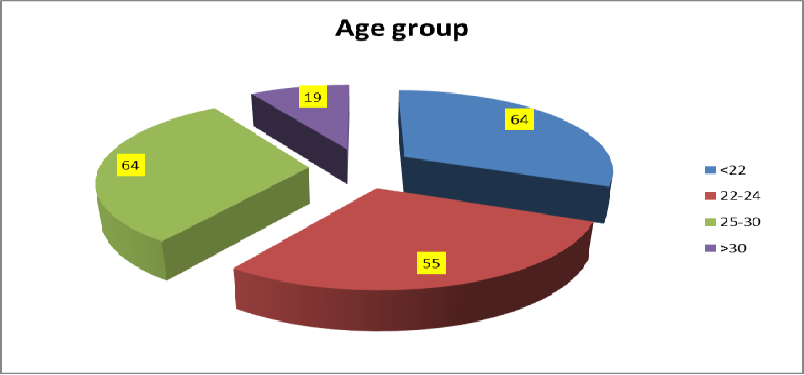Are you facing the challenge of managing diabetes while preparing for pregnancy?
Understanding how diabetes impacts pregnancy and learning how to effectively manage your blood glucose levels are crucial steps towards a healthy pregnancy journey. In this comprehensive guide, we delve into the effects of diabetes on both you and your baby, strategies for preparation, and important prenatal tests to ensure the well-being of managing diabetes during pregnancy.

How Diabetes Affects Your Baby
During the critical early stages of pregnancy, high blood glucose levels can pose risks to your baby’s development, increasing the likelihood of birth defects and complications such as premature birth or low birth weight. Learn more about these risks and how proper diabetes management can mitigate them.
Managing Your Diabetes During Pregnancy
Hormonal changes during pregnancy can impact your blood glucose levels, necessitating adjustments to your diabetes management plan. Discover how to adapt your meal plan, physical activity routine, and medications to ensure a healthy pregnancy for both you and your baby.
Potential Health Problems for Mothers with Diabetes
Pregnancy can exacerbate long-term diabetes complications, including eye and kidney diseases, as well as increase the risk of conditions like preeclampsia. Understand these potential health issues and learn strategies for managing them during pregnancy.
Preparation for Pregnancy with Diabetes
Preparation is key to a healthy pregnancy journey with diabetes. Learn about the importance of regular checkups, following a diabetes meal plan, staying physically active, and making necessary lifestyle adjustments to optimize your health before and during pregnancy.
Building Your Healthcare Team
Establishing a supportive healthcare team consisting of specialists in diabetes and pregnancy is essential for comprehensive care. Learn about the key members of your healthcare team and how they can support you throughout your pregnancy journey.
Essential Tips for Preconception Checkup
Before getting pregnant or as soon as you discover you’re pregnant, scheduling a preconception checkup is vital. Understand the importance of this checkup and the various health assessments your doctor may conduct to ensure your well-being and that of your baby.
Lifestyle Adjustments for a Healthy Pregnancy
Lifestyle factors such as smoking, diet, physical activity, and alcohol consumption play significant roles in pregnancy outcomes for women with diabetes. Discover practical tips for making healthy lifestyle adjustments to support managing diabetes during pregnancy.
Medication Management During Pregnancy
Managing medications, including insulin, is crucial for women with diabetes during pregnancy. Learn about the adjustments you may need to make to your medication regimen and the importance of discussing medication safety with your healthcare provider.
Read more about morning sickness
Understanding Blood Glucose Testing During Pregnancy
Regular blood glucose monitoring is essential during pregnancy, but how often you need to check your levels may vary. Learn about target blood glucose levels before and during pregnancy, A1C testing, ketone monitoring, and their significance for your health and your baby’s.
Monitoring Your Baby’s Health
Throughout your pregnancy, various tests, including blood tests and ultrasounds, will be conducted to monitor your baby’s health. Understand the importance of these prenatal tests and how they contribute to ensuring a healthy pregnancy outcome.
Managing Diabetes During Pregnancy After the Birth
Feed your baby as soon as possible after the birth (within 30 minutes) to help keep their blood glucose at a safe level.
Your baby will have a heel prick blood test (or newborn blood spot test) a few hours after they’re born to check if their blood glucose level is too low.
If your baby’s blood glucose cannot be kept at a safe level, or they’re having problems feeding, they may need extra care. Your baby may need to be fed through a tube or given a drip to increase their blood glucose.
After your pregnancy, you should not need as much insulin to control your blood glucose. You should be able to decrease your insulin to your pre-pregnancy dose or return to the tablets you were taking before you became pregnant. Talk to your doctor about this.
You should be offered a test to check your blood glucose levels before you go home and at your 6-week postnatal check. You should also be given advice about diet and exercise.
Conclusion:
By understanding the impact of diabetes on pregnancy and implementing effective management strategies, you can navigate your pregnancy journey with confidence and ensure the best possible outcomes for both you and your baby.





